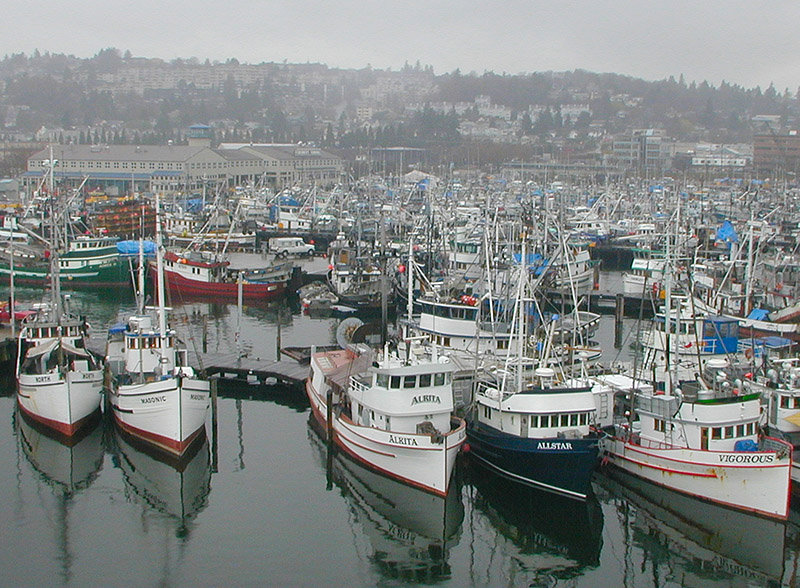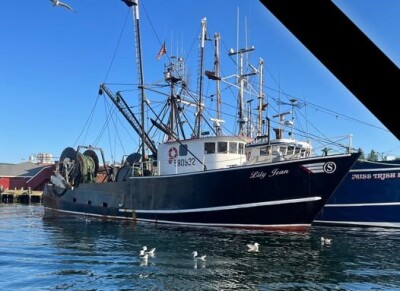A coalition of more than 800 members of the U.S. seafood industry have signed a letter opposing a new bill that they say will undermine the nation’s "world-class system of fisheries management.”
The bill, the Ocean-Based Climate Solutions Act, was introduced in the U.S. House of Representatives in late October. The 300-page-long bill was co-authored by U.S. Rep. Raul M. Grijalva (D-Arizona) and U.S. Rep. Kathy Castor (D-Florida) and contains sweeping rule-making that touches on fisheries sectors.
Parts of that proposed bill, the opposition letter states, would harm fishermen, and go against the purposes of the Magnuson-Stevens Act.
“It is deeply concerning that such a detailed bill, introduced in the House of Representatives committee charged with continued stewardship of the Magnuson-Stevens Act, could seek to undermine this law’s operation – and specifically its commitment to scientific rigor – in such far-reaching ways,” the letter states.
The coalition opposes the new bill’s call to establish more marine protected areas (MPAs), something the industry has been vocal about opposing the past. Recently, the industry scored a win when U.S. President Donald Trump issued a proclamation reopening the Northeast Canyons and Seamounts Marine National Monument to commercial fishing. The 4,913-square-mile area was created by former U.S. President President Barack Obama. Companies affected by the move initiated in a lawsuit challenging its creation, but their case was dismissed in January 2020.
The new bill calls for prohibiting all commercial fishing activity across at least 30 percent of the nation’s exclusive economic zone by 2030 – a significant increase in the amount of the ocean subject to an MPA.
“In contrast with many international contexts – where MPAs are established to remedy a profoundly broken fisheries management system and a degraded marine environment – U.S. fisheries are overwhelmingly sustainable and successfully managed to maximum sustainable yield,” the letter states.
The letter said the bill’s Title II would run counter to the scientific management of fisheries contained in the Magnuson-Stevens Act. In addition, closures of areas for sustainability reasons is something that “already occurs under our nation’s successful fisheries management system,” with blanket area closures part of the system since 2000.
“The National Oceanic and Atmospheric Administration is among the world’s best fishery managers,” National Fisheries Institute President John Connelly said. “This bill appears to ignore that expertise and process and just walls off parts of the ocean to fishing. It disregards generations of science-based work and community consensus. Drawing arbitrary lines on a map is not science, it’s politics. Lines on a map don’t actually promote sustainability, but they can harm livelihoods that depend on real sustainability work.”
Connelly, and the coalition in its letter, called for great seafood industry input on the bill.
“Fisheries management must be science-based and account for the communities that provide us our food,” Connelly said. “The coalition signers want to know; when will proponents of this idea address the concerns of the more than 700,000 men and women who depend on domestic commercial harvesting to provide for their families?”







